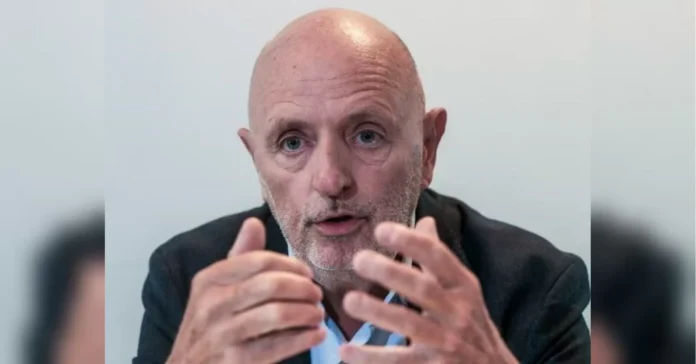Income from them will be used to help Ukraine
Ukraine, the second largest country in Europe, has been struggling with economic and political challenges for decades. The country has been facing an ongoing conflict with Russia, which has resulted in a humanitarian crisis and significant economic losses. However, there is a glimmer of hope for Ukraine as several international partners have committed to providing financial aid to support the country’s recovery efforts. One such partner is the European Union, which has pledged to use the income from its various programs to help Ukraine.
The European Union has been a strong supporter of Ukraine’s independence and sovereignty since the country gained independence in 1991. The EU’s commitment to Ukraine has been further solidified by the signing of the Association Agreement in 2014, which aims to strengthen political and economic ties between the two parties. As part of this agreement, the EU has provided significant financial aid and support to Ukraine, including trade benefits, technical assistance, and financial assistance. The EU has also imposed economic sanctions on Russia in response to its aggression towards Ukraine, showing its unwavering support for the country.
One of the ways in which the EU is helping Ukraine is through its Neighbourhood Investment Platform (NIP). The NIP is a financial instrument that provides grants and loans to support economic development in the EU’s partner countries, including Ukraine. Under this platform, the EU has allocated 174 million euros in grants and loans to Ukraine to support its development in key areas such as energy, infrastructure, and the private sector. These investments will not only help to improve the quality of life for Ukrainians but also create new job opportunities and boost economic growth.
In addition to the NIP, the EU has also implemented the Macro-Financial Assistance (MFA) program for Ukraine. The MFA is a financial aid program that provides loans to countries facing economic difficulties or crises. The EU has allocated 1.2 billion euros in MFA to Ukraine, with the aim of supporting the country’s economic stabilization and structural reforms. These loans come with strict conditions, including implementing anti-corruption measures and improving public finance management. The MFA has already provided much-needed financial stability and helped to mitigate the impact of the ongoing conflict with Russia on Ukraine’s economy.
Moreover, the EU has also launched several technical assistance programs to help Ukraine in its reform efforts. These programs provide expertise and resources in areas such as public administration, energy sector reform, and the rule of law. The EU has also supported Ukraine’s efforts to combat corruption by launching the EU Advisory Mission (EUAM) and Anti-Corruption Initiative. These initiatives aim to support and strengthen Ukraine’s anti-corruption institutions and promote good governance practices.
It’s worth noting that the EU’s assistance to Ukraine is not limited to financial aid. The EU also provides humanitarian aid to help the most vulnerable in Ukraine, including internally displaced persons and those affected by the ongoing conflict in the eastern regions. The EU has provided over 450 million euros in humanitarian aid to Ukraine since 2014, making it one of the largest donors in this area.
Furthermore, the EU has also supported Ukraine’s efforts to modernize its energy sector and reduce its dependence on Russian energy imports. The EU has invested over 300 million euros in energy infrastructure projects and provided technical assistance for the development of renewable energy sources in Ukraine. This support will ultimately help to reduce the country’s energy costs and contribute to its energy security.
In conclusion, the EU’s commitment to helping Ukraine is evident through its various programs and initiatives. The income from these programs and investments will be crucial in supporting Ukraine’s recovery efforts, strengthening its economy, and improving the lives of its citizens. The EU’s support goes beyond financial aid, as it also provides technical assistance and humanitarian aid to address the country’s various challenges. It’s a testament to the strong partnership and solidarity between the EU and Ukraine and a reflection of the EU’s values of democracy, human rights, and the rule of law.

